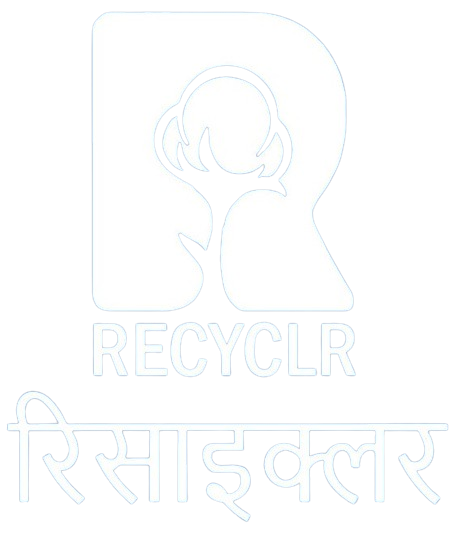The Future of Textiles: How Sustainability is Shaping the Industry
In today’s world, sustainability is no longer just a buzzword — it’s a necessity. The textile industry, one of the largest and most resource-intensive industries globally, has seen a growing movement toward sustainable practices. But what does this mean for the future of textiles, and how can small and medium-sized enterprises (SMEs) lead the way? Let’s explore.
The Urgency of Sustainable Textiles
The textile industry is responsible for a significant portion of environmental pollution. From water usage to harmful dyes and the sheer volume of waste, it’s clear that the traditional approach is unsustainable. In response, consumers and governments alike are demanding change.

What Does Sustainability in Textiles Look Like?
Sustainability in textiles goes beyond using organic materials. It encompasses a broader spectrum of eco-friendly practices, including:
- Resource Efficiency: Reducing water and energy usage during production.
- Recycling & Upcycling: Transforming textile waste into new products.
- Ethical Labor Practices: Ensuring fair wages and working conditions for workers.
- Reduced Chemical Usage: Using safer dyes and chemicals to minimize environmental impact.
Why Sustainability Matters for SMEs
For SMEs, adopting sustainable practices can seem daunting, but it’s also a golden opportunity. While larger corporations have the resources to implement widespread changes, SMEs have the agility to innovate more quickly and efficiently.
Enhancing Competitiveness
In today’s world, sustainability is no longer just a buzzword — it’s a necessity. The textile industry, one of the largest and most resource-intensive industries globally, has seen a growing movement toward sustainable practices.
Sustainability is more than just a moral choice — it’s a smart business move. With global consumers increasingly choosing eco-friendly products, SMEs that adopt sustainable practices can tap into new markets and increase their competitive edge.
In India, where GATS (Global Alliance for Textile Sustainability) operates, sustainability is becoming a key differentiator for textile businesses. SMEs that prioritize eco-friendly practices are better positioned to attract international buyers and meet the growing demand for green textiles.
GATS: Leading the Way for Indian Textile SMEs
At GATS, we recognize the importance of empowering Indian SMEs to embrace sustainability and innovation. We are committed to helping businesses in the textile sector adopt sustainable practices that align with global standards.
GATS’ Approach to Sustainable Textiles
1. Training & Workshops: We provide education on sustainable materials, waste reduction, and efficient resource use to help businesses stay ahead of global trends.
2. Collaboration: By fostering partnerships between manufacturers, suppliers, and technology providers, we create a more sustainable and circular textile ecosystem.
3. Technology Integration: We guide SMEs in adopting innovative technologies that reduce waste, save energy, and improve overall production efficiency.
The Future is Circular
A major shift we’re seeing in the textile industry is the move from linear to circular models. In a circular economy, products are designed with the end of their lifecycle in mind. Instead of textiles becoming waste after use, they are repurposed, reused, or recycled into new products.
Circularity in Action
Many Indian SMEs are already leading the way by adopting circular practices. These businesses are finding ways to recycle fabric waste, upcycle old garments, and create biodegradable materials. With GATS’ support, more and more SMEs are embracing these innovative solutions, reducing waste, and contributing to a more sustainable future for textiles.
Conclusion: Building a Greener Future Together
The future of textiles is undoubtedly green. As sustainability becomes an essential part of the global conversation, businesses that adopt eco-friendly practices will not only thrive but also play a crucial role in protecting our planet.
At GATS, we believe that sustainability is the key to unlocking new growth opportunities for Indian textile SMEs. By leading the charge in sustainable practices, these businesses can transform the industry and shape a brighter, more responsible future for generations to come.
